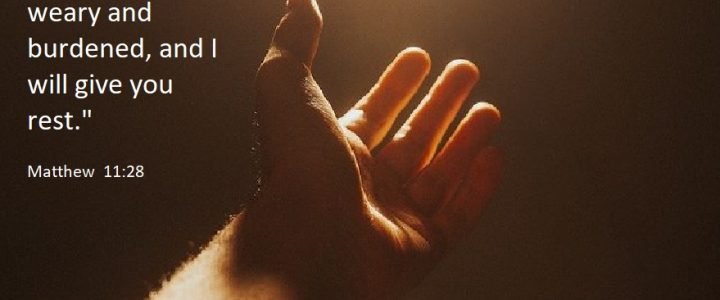
The teachings and commandments of Jesus are not subjects to be debated but values to be integrated in our systems of values and become part of our mentality, attitudes and behavior. Let us today read and reflect one of the most favorite parables from bible : the Parable of the sower and seeds in Matthew 13:1-23, Mark 4:1-20, and Luke 8:4-15.
.
That same day Jesus went out of the house and sat by the lake. Such large crowds gathered around him that he got into a boat and sat in it, while all the people stood on the shore.
Then he told them many things in parables, saying: ” A farmer went out to sow his seed. As he was scattering the seed. As he was scattering the seed, some fell along the path, and the birds came and ate it up. Some fell on rocky places, where it did not have much soil. It sprang out quickly, because the soil was shallow. But when the sun came up, the plants were scorched, and they withered because they had no root. Other seed fell among thorns, which grew up and choked the plants. Still other seed fell on good soil, where it produced a crop – a hundred, sixty, or thirty times what was sown. He, who has ears, let him hear. – Matthew 13:1-9
On a closer look, it tells us not so much about the SOWER, but about the SEEDS, that were scattered and sown. It describes the different outcomes of the scattering of those seeds, what happened to them as they landed on different kinds of ground : footpath, rocky ground, thorny field, and rich soil.
In Isaiah 55:10-11, the prophet Isaiah compares the word of God as the rain falling on the world, which ensures a good crop and thus feeds the people. Using images from the countryside familiar to his listeners, Jesus tells the crowds who follow him a parable. Here God acts as a sower, scattering seeds freely on ground which is not always ready or able to receive it.

The seeds scattered and sown symbolize “the word of the kingdom.” The various types of ground where the seeds were sown represent the disposition and receptiveness of the people – us, and our hearts – ‘who hear the word of God.’
.
Jesus explained further in verse 19-23 what the parable of the sower means:
- The seed sown along the path describes a person who hears the message about the kingdom and does not understand it, the evil one comes and snatches away what was sown in his heart.
- The seed which fell on rocky places is the man who hears the word and at once receives it with joy. But since he has no root, he lasts only a short time. When trouble or persecution comes because of the word, he quickly falls away.
- The seed which fell among the thorns is the man who hears the word, but the worries of this life and the deceitfulness of wealth choke it, making it unfruitful.
- The seed that fell on good soil is the man who hears the word and understands it. He goes on to apply and spread God’s word and produce a crop, yielding a hundred, sixty, or thirty times what was sown.
Are we true listeners to the word proclaimed by Jesus ? Are we receptive to the Kingdom that Jesus preached and taught? Are we hard-working and disciplined enough to apply in our daily lives what we have learned from Jesus so that we can reap a rich harvest of wonderful gifts and wondrous deeds? Let us be rich soil of the Word of God. Amen!


